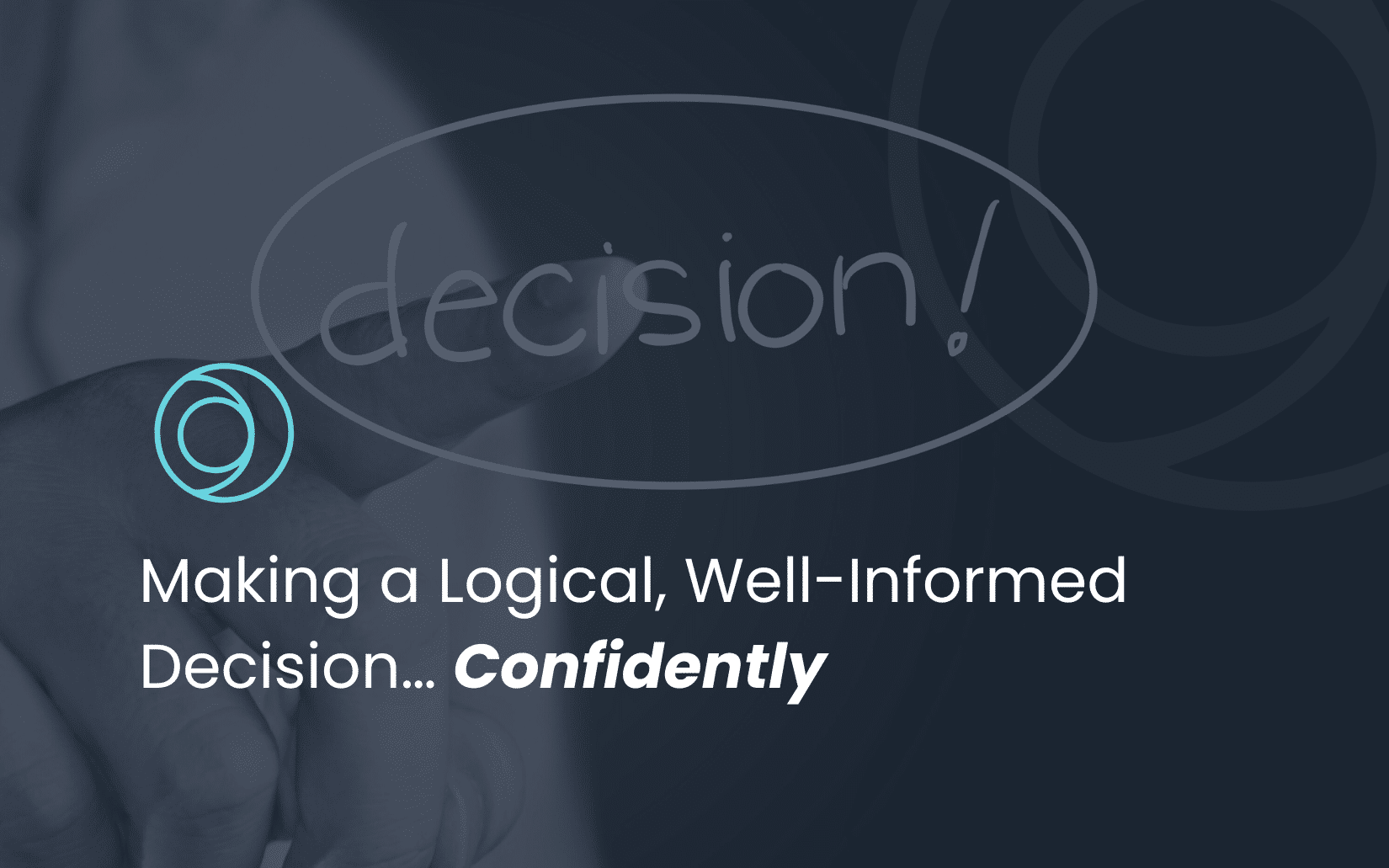
Whether you’re evaluating a potential franchise investment or deciding on your next business move, you’ve likely faced the question: How can I ensure I’m making a truly logical and informed decision? It’s natural to feel some uncertainty when significant financial and personal stakes are on the line. The good news is that by following a few structured steps and applying both analytical and intuitive reasoning, you can approach any major decision with clarity and conviction.
Why Logic and Research Matter
1. Minimizing Risk
Logical decision-making reduces the odds of overlooking critical details. By gathering relevant data and evaluating it objectively, you can spot potential red flags or hidden opportunities before committing resources.
2. Building a Solid Foundation
The more information you have, the more prepared you are to address challenges. This foundation of knowledge doesn’t just lower your stress levels—it also equips you to pivot if conditions change.
3. Inspiring Confidence in Others
When you can demonstrate a clear rationale behind your choice, stakeholders—such as lenders, partners, or employees—are more likely to support your vision. Clear, data-driven thinking fosters trust and buy-in.
Steps to Gathering and Analyzing Data
1. Define Your Goal
-
- Be crystal clear about your objectives. Whether it’s achieving financial independence or expanding your product line, knowing what success looks like helps narrow your research.
2. Identify Must-Have Information
-
- Ask: “What do I need to know to make this decision responsibly?” For a franchise, that might include startup costs, territory availability, or the franchisor’s track record.
3. Use Multiple Sources
-
- Balance official documentation (e.g., Franchise Disclosure Documents, financial statements) with real-world insights (e.g., interviews with current franchisees, online consumer reviews).
4. Organize Your Findings
-
- Create spreadsheets, bullet lists, or mind maps to keep data accessible. Sorting information by relevance or risk factor can help clarify what deserves the most attention.
5. Quantify and Compare
-
- When possible, translate qualitative data into numbers—like estimating revenue ranges, setting budget limits, or scoring potential risks on a scale of 1-10. These metrics can guide you toward data-driven conclusions.
Balancing Logic with Intuition
Logical analysis provides the bedrock of any high-stakes decision, but don’t discount gut feelings entirely. Sometimes, subtle cues—like how open a franchisor is to your questions or how well their culture aligns with your values—are just as important. Think of logic and intuition as complementary forces:
- Logic identifies what’s objectively sustainable or profitable.
- Intuition helps you assess whether you’re the right person (and this is the right time) to pursue the opportunity.
Overcoming Common Roadblocks
1. Analysis Paralysis
-
- Solution: Set deadlines for each phase of research. Once you have enough to make a grounded decision, move forward rather than seeking endless “perfect” information.
2. Confirmation Bias
-
- Solution: Be wary of only seeking data that supports your preexisting views. Play devil’s advocate and ask hard questions to challenge your assumptions.
3. Fear of Failure
-
- Solution: Recognize that some level of risk is inherent in any business venture. By doing your due diligence, you’re already mitigating many uncertainties.
4. Emotional Overwhelm
-
- Solution: Share your findings with mentors, attorneys, or financial advisors. Sometimes a third-party perspective is exactly what you need to keep emotions in check and perspective in place.
Building Confidence in Your Decision
1. Revisit Your “Why”
-
- Remind yourself of what motivated you to explore this opportunity in the first place. Aligning every step with that core purpose can help reinforce your resolve.
2. Verify with Professionals
-
- Accountants, franchise consultants, and attorneys can validate your assumptions, spot overlooked details, and confirm you’re on the right track.
3. Create a Contingency Plan
-
- Having a Plan B for potential setbacks—like a marketing shortfall or higher startup costs—further solidifies your confidence. You’ll know you’ve accounted for surprises.
4. Accept Imperfection
-
- Even the best-researched decisions won’t guarantee a flawless outcome. Embrace the learning curve and trust that your logical approach has significantly enhanced your chances of success.
Conclusion & Call to Action
Making a logical, well-informed decision means combining thorough research, objective analysis, and careful introspection. This blend of head and heart not only positions you to reduce risks but also empowers you to seize opportunities with unwavering conviction.
Need help sorting through data, clarifying your options, or feeling more assured about the path you’re taking? Feel free to choose a time to talk for personalized guidance. With the right framework and mindset, you can move forward in your franchise or business endeavor with both clarity and confidence.

Recent Comments